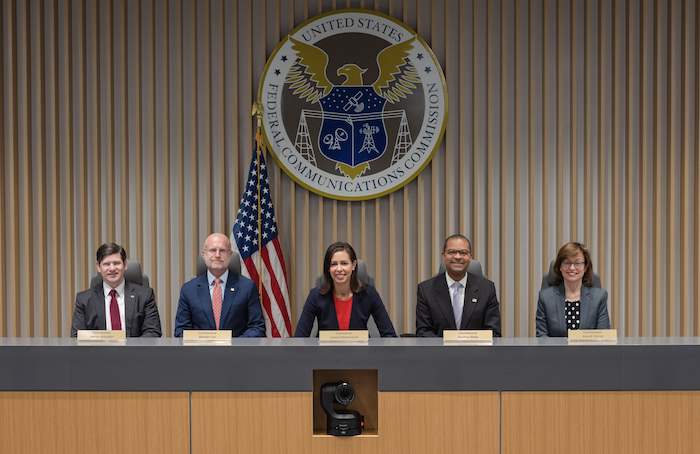The FCC proposed a more than $2 million fine against a telecom for apparently failing to pay required fees to support several agency programs, including low-income subsidies, services for disabled consumers and phone number portability. The agency recommended fining Texas-based iGEM Communications LLC d/b/a Globalgig $2.65 million. The company is privately-held and provides local resale, iVoIP, and broadband solutions such as online portal access, maintenance, on-site installation, backup, data, voice, and mobile device management services.
In a Notice of Apparent Liability for Forfeiture, the agency says iGEM “apparently willfully and repeatedly failing to contribute fully and timely to the Universal Service Fund (USF), to pay timely contributions to the Telecommunications Relay Service (TRS) Fund, to pay timely assessments for Local Number Portability (LNP) administration, and to submit timely reports pursuant to the Commission’s Broadband Data Collection (BDC) requirements.”
Carriers must make contributions to the USF, which are low-income subsidies that support telecom services to high-cost service areas, “based on their interstate and international end-user telecommunications revenues,” according to the Communications Act. The FCC says it identified 16 invoices that were paid late, one that was only partially paid and three that were not paid at all. It added up to just over $1 million over a seven-year period.
As part of the Disabilities Act of 1990, Congress directed the FCC to “ensure that interstate and intrastate telecommunications relay services are available, to the extent possible and in the most efficient manner, to hearing-impaired and speech-impaired individuals in the United States.” To that end, the Commission implemented TRS capability rules to enable persons with hearing and speech disabilities to communicate by telephone with voice-telephone users.
“Such services provide telephone access to a significant number of Americans who without it might not be able to make calls to or receive calls from voice-telephone users,” asserts the FCC. It established the fund to reimburse carriers for the costs of providing interstate TRS.
The agency identified 29 TRS invoices that were paid late over a three-year period. Providers must contribute to the TRS Fund based on their end-user revenues.
Concerning phone number portability, the FCC says the feature fosters consumer choice and enhances competition. Not being able to retain their phone numbers “when changing local providers would otherwise hamper the development of local competition,” according to the Commission.
The Enforcement Bureau says iGEM filed its Form 477 and BDC reports late. iGEM blamed migration to a new billing platform for the delays.
The agency calls the company’s conduct “egregious” and said it “seriously undermines the Commission’s ability to administer critical programs and obtain necessary information for the benefit of the public.” That’s why it adjusted the fines upward for a total penalty of $2,652,881.
Within 30 days, the telecom must either pay the fine or submit new evidence supporting why the amount should be reduced or canceled.
By Leslie Stimson, Inside Towers Washington Bureau Chief





Reader Interactions